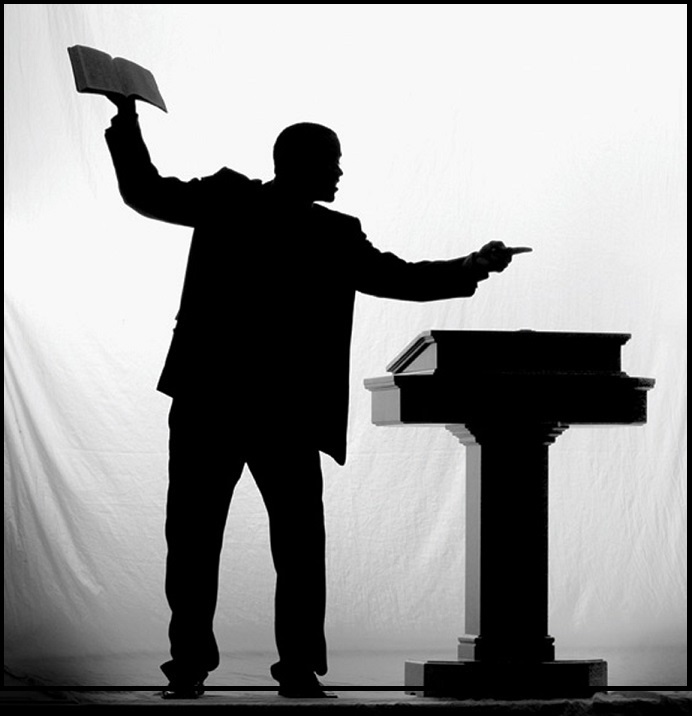The third axiom in my worship philosophy is that we can reimagine worship as worship in which God transforms our whole life instead of just teaching us to live a moral life.
In worship we must present the whole story of God. Even more, as Robert Webber writes, “worship does God’s story.”[1] It is important to remember that we are all part of God’s story, and always have been even before we get saved. His story tells of his love and the perfection of his creation, with every person made in his perfect image. It tells of how we all turned away from God and went our own way, coming under God’s condemnation, but how God sent his only Son—God in flesh—to restore us to himself through his death and resurrection. Finally it tells of the future return of this Son to set everything right for eternity. As we repeat this story of creation-fall-incarnation-re-creation each week, we reveal who God is. This story is what drives us to turn to him, love him more, and in his power turn our lives around to live for his glory (Gal. 2:20).
“Of course” you say. “Don’t we do that already?” Let’s look at a brief history of homiletics (sermons) in worship. During worship in the Medieval era the sermon, delivered by priests who were poorly trained in theology, became shorter and more focused on moralizing. The goal was to get people to obey the church and live right. As Martin Luther observed about the Scriptures read during the mass, they “seem to have been chosen by a singularly unlearned and superstitious advocate of works.”[2] He advocated for more readings focused on faith in Christ.
Fast forward a few hundred years to the camp meetings and revival meetings of the early American frontier. In these services the music, the readings, the prayers, and especially the sermon were all designed with one purpose—to get people saved. These services were so successful in gaining huge audiences that soon churches around the world adopted the same format of centering the music, readings, and prayers around the “theme” of the preacher’s sermon. The preacher determined what message he/she wanted the people to hear. Since preachers could not deliver the same fiery evangelistic message every week, they would craft messages about morality. The main theme became “What do we need to do to be ‘good Christians?’” In my opinion this is where many preachers land today. Rather than using the text to tell God’s story, and letting the Holy Spirit speak to each unique listener, often we describe what God wants us to do, how to behave, we describe what a “good Christian” does.
Sound familiar? It should. It’s how worship planners in most evangelical churches today plan their services. How many times have I gone to the preacher and asked, “What’s your message about this week?” and tailored the entire service around his selected topic? One of the wisest pastors with whom I served was Dr. David Goodman at Winnetka Bible Church outside Chicago. He would often respond to my query with, “Just make sure to point the people back to God. After all, good preaching should lead people to glorify him.”
Let me be clear: there is a place for describing how we are to behave according to the Scriptures. Even the early church focused on believing, belonging, and behaving. Many of Paul’s writings tell us how to live a sanctified life. The question is, why must we behave? How many times have we heard Christians say, “The Bible says we should/shouldn’t do that” Should we behave because a book tells us to? Or because a preacher admonishes us to behave? Or are we driven to change our behavior in response to the amazing, loving, kind, merciful, gracious, sacrificing, victorious, soon-to-return Savior we encounter in a worship gathering? As Jim Hart writes,
Churches sometimes neglect the radicality of Christianity, reducing it to therapeutic discourse or moralizing emphases or even a troubling narcissism or self-consciousness in worship that miss the essence of the gospel. A thin or mild gospel results in shallow worship, paltry spiritual formation, and ineffective mission. We need to recover the biblical understanding and the ancient church’s perspective on God’s story.[3]
When we reimagine worship as an encounter with the Living God mediated through his Son and empowered by the Spirit, as we enter into his life-changing story of creation-incarnation-re-creation, our lives are transformed by this same God as we come into his presence, hear his word, respond in our hearts, and reenter the world as new creatures bearing his image to a lost world.
[1] Robert Webber, Ancient-Future Worship (Grand Rapids: Baker, 2008), 29.
[2] Martin Luther, Formula Missae in LW, LII, 20-25, quoted in James F. White, Documents of Christian Worship: Descriptive and Interpretive Sources (Louisville, KY: Westminster/John Knox, 1992), 104.
[3] James R. Hart, “The Story of God in Worship,” Anamnesis August 2016.


